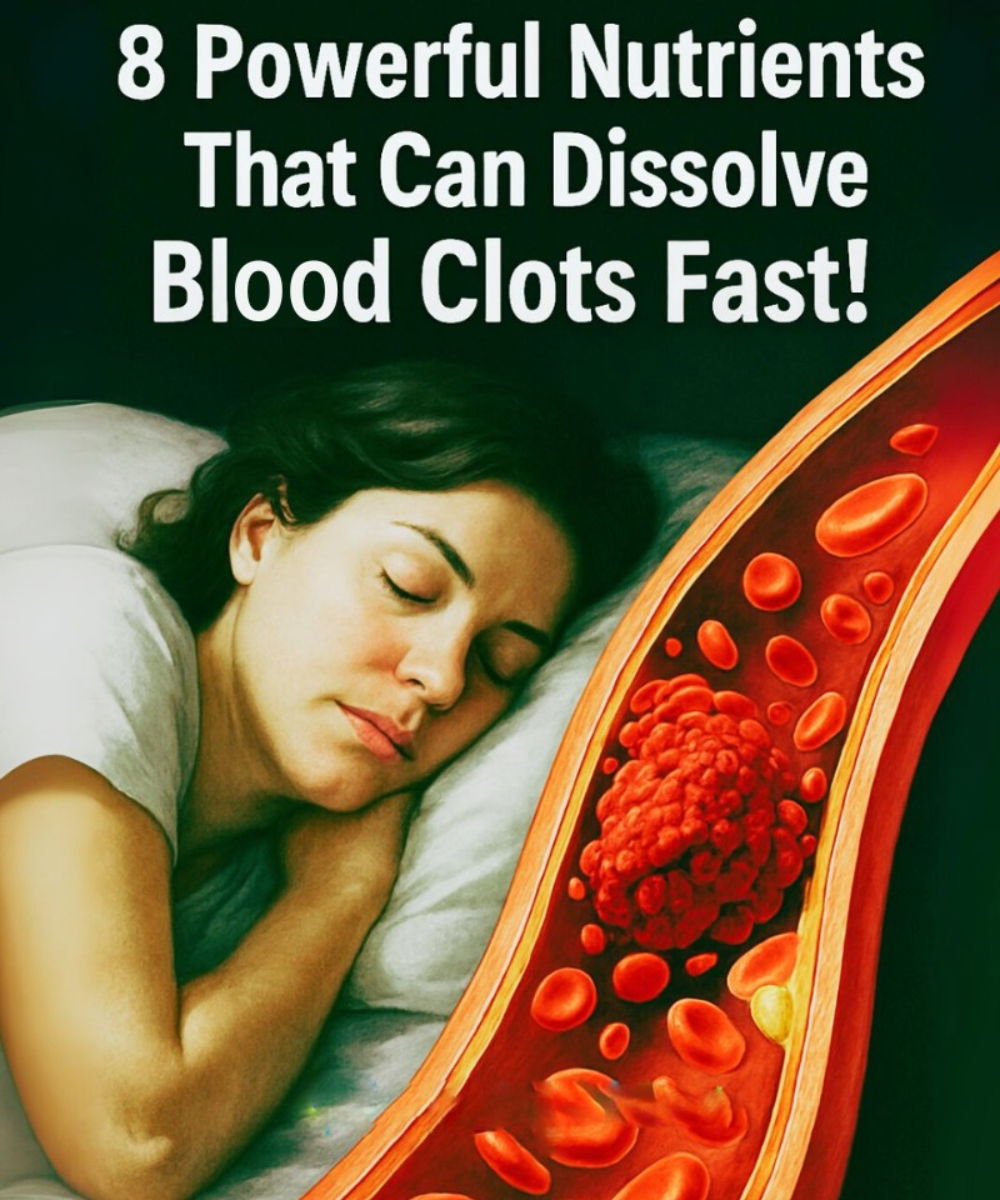
Maintaining healthy circulation and preventing abnormal blood clotting is key to avoiding life-threatening conditions such as heart attacks, strokes, deep vein thrombosis (DVT), and complications linked to atrial fibrillation (Afib).
While prescription blood thinners are effective, they can come with side effects like increased bleeding or digestive discomfort.
That’s why many people seek out natural alternatives to support blood flow gently and effectively. Below are eight nutrients and natural habits that may help reduce clotting risks and improve vascular health.
What Are Blood Clots?
When you get injured, your body forms clots to stop bleeding. This involves platelets (which stick together) and fibrin (a protein mesh that holds the clot in place).
While this process is essential, problems arise when clots form without injury or don’t dissolve properly. These rogue clots can block blood flow, leading to DVT, pulmonary embolisms, strokes, or heart attacks.
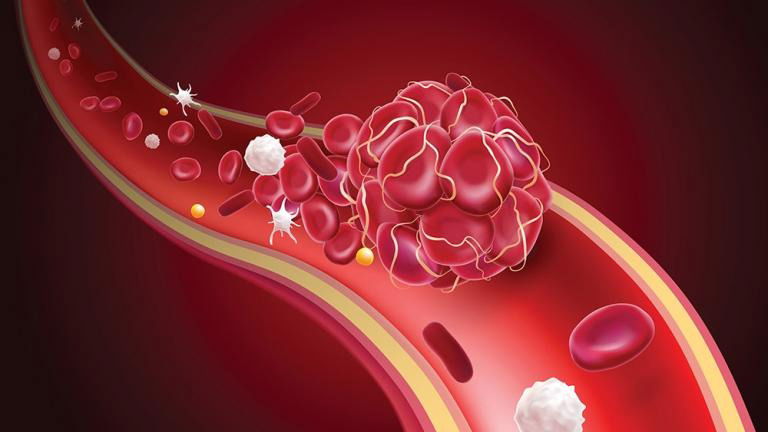
1. Vitamin E – Circulation-Supporting Antioxidant
Vitamin E supports circulation by reducing oxidative stress and helping prevent blood from becoming too thick.
You can find it naturally in foods like almonds, spinach, sunflower seeds, and avocados. Adults should aim for about 15 mg per day, preferably through food.
2. Nattokinase – The Fibrin-Fighting Enzyme
Nattokinase, found in fermented soybeans (natto), helps break down fibrin in clots.
It’s often combined with serrapeptase, another enzyme that helps reduce inflammation and protein build-up.
This duo supports circulation and helps manage swelling. A typical dose is 100 mg twice daily.
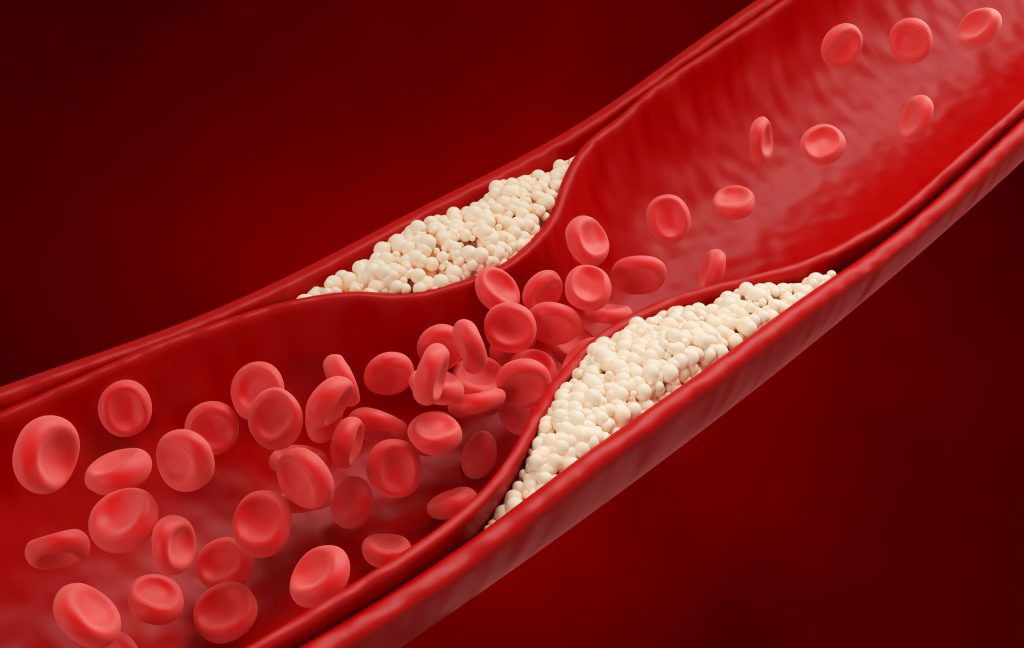
3. Vitamin C – Strengthens Blood Vessel Walls
Vitamin C helps build strong blood vessels by supporting collagen production and reducing oxidative damage.
It’s also essential for overall immune and circulatory health. Rich sources include oranges, bell peppers, broccoli, kiwi, and strawberries.
4. Phytochemicals – Natural Blood Thinners in Plants
Certain herbs and spices have compounds that may help reduce clotting. Garlic contains allicin, which prevents platelets from sticking together.
Other beneficial choices include ginger, turmeric, cayenne pepper, and cinnamon. These also help lower inflammation and improve blood flow.
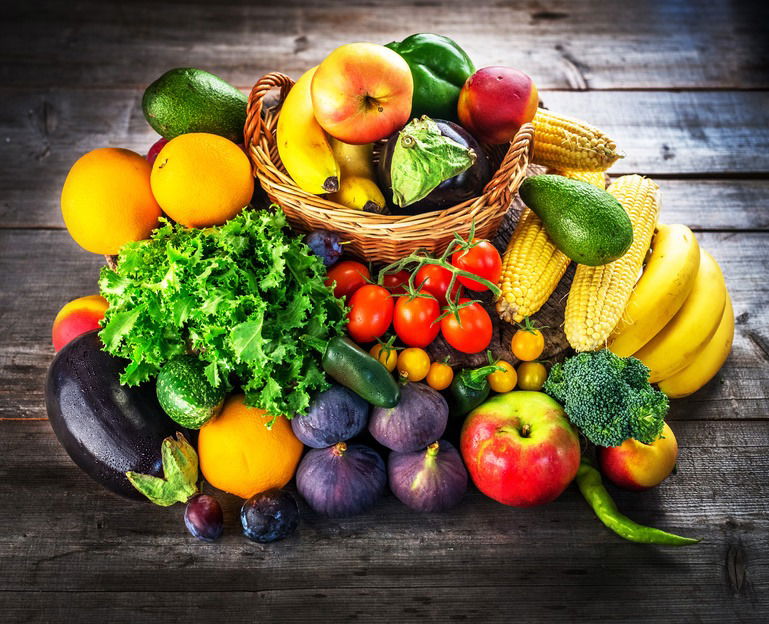
5. Bromelain – Enzyme from Pineapple
Found mainly in pineapple stems, bromelain helps dissolve fibrin and reduce inflammation in blood vessels.
While fresh pineapple offers small amounts, supplements may be necessary for therapeutic doses.
6. Magnesium – Regulates Clotting and Blood Pressure
Magnesium plays several roles: it lowers blood pressure, reduces platelet clumping, and balances calcium levels in the bloodstream.
Good food sources include spinach, black beans, dark chocolate, almonds, and avocados. If needed, magnesium supplements or electrolyte powders can help fill dietary gaps.
7. Omega-3s from Fish Oil – Heart and Vessel Support
Omega-3 fatty acids from fish oil reduce triglycerides, inflammation, and excessive clotting. Salmon, sardines, and mackerel are excellent options.
Flaxseeds and walnuts offer plant-based alternatives. Aim for two servings of fatty fish weekly or 1,000–3,000 mg of EPA/DHA daily in supplement form.
8. Berberine – A Powerful Plant Compound
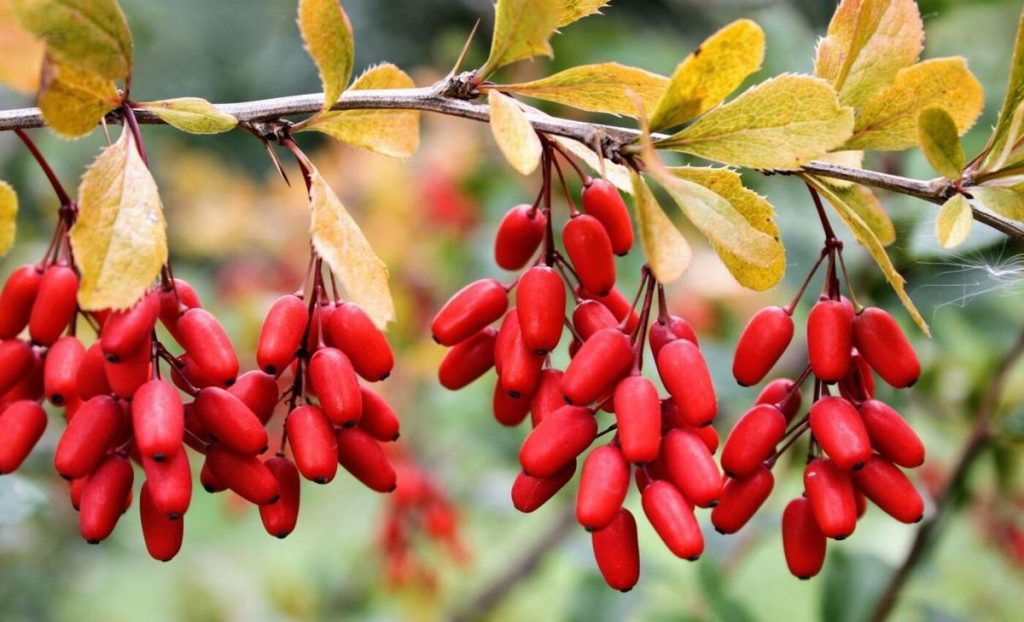
Berberine, derived from plants like barberry and goldenseal, helps reduce fibrinogen levels and prevents platelets from clumping.
It’s anti-inflammatory and supports overall blood vessel health. Though it doesn’t dissolve existing clots, it may help prevent new ones from forming.
Lifestyle Habits That Help
Besides nutrients, lifestyle changes can also support healthy circulation:
- Eat anti-inflammatory foods like leafy greens, nuts, and fish.
- Get regular movement—even daily walking improves blood flow.
- Stay hydrated to keep blood fluid.
- Avoid smoking and manage exposure to environmental toxins.
- Sleep well and manage stress, both of which support cardiovascular health.
- Care for your gums, as oral inflammation can affect clot risk.
Final Thought
While natural solutions can help support blood flow, always speak to your healthcare provider before making changes, especially if you’re taking medication or have a medical condition.
Let me know if you’d like this formatted as a blog post, infographic, or video script!




















